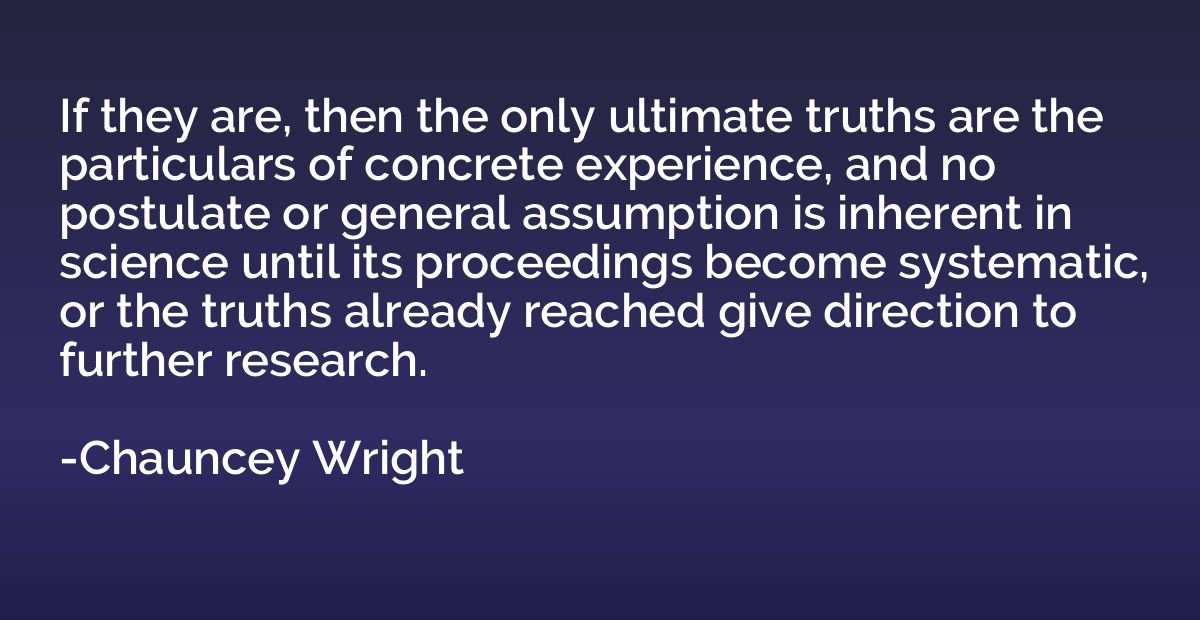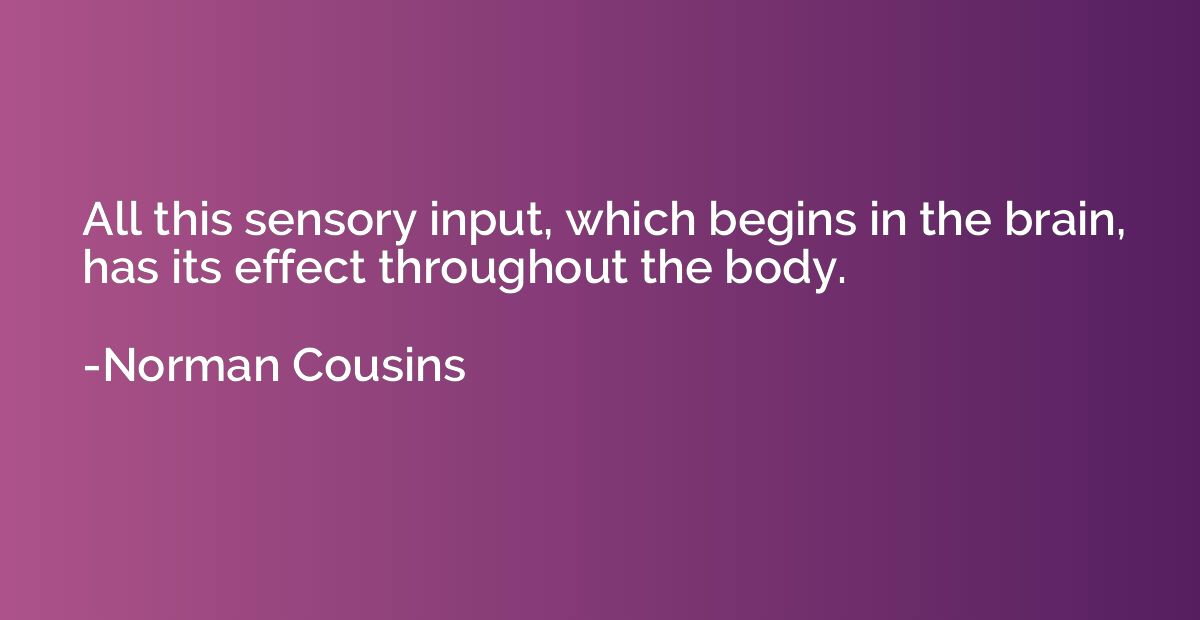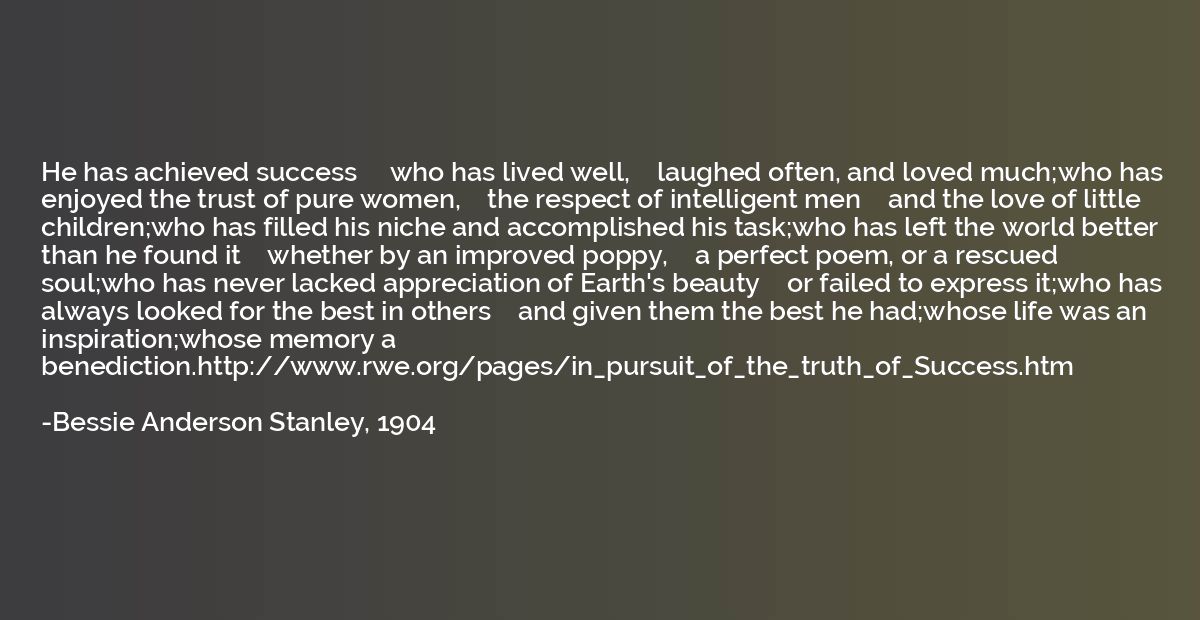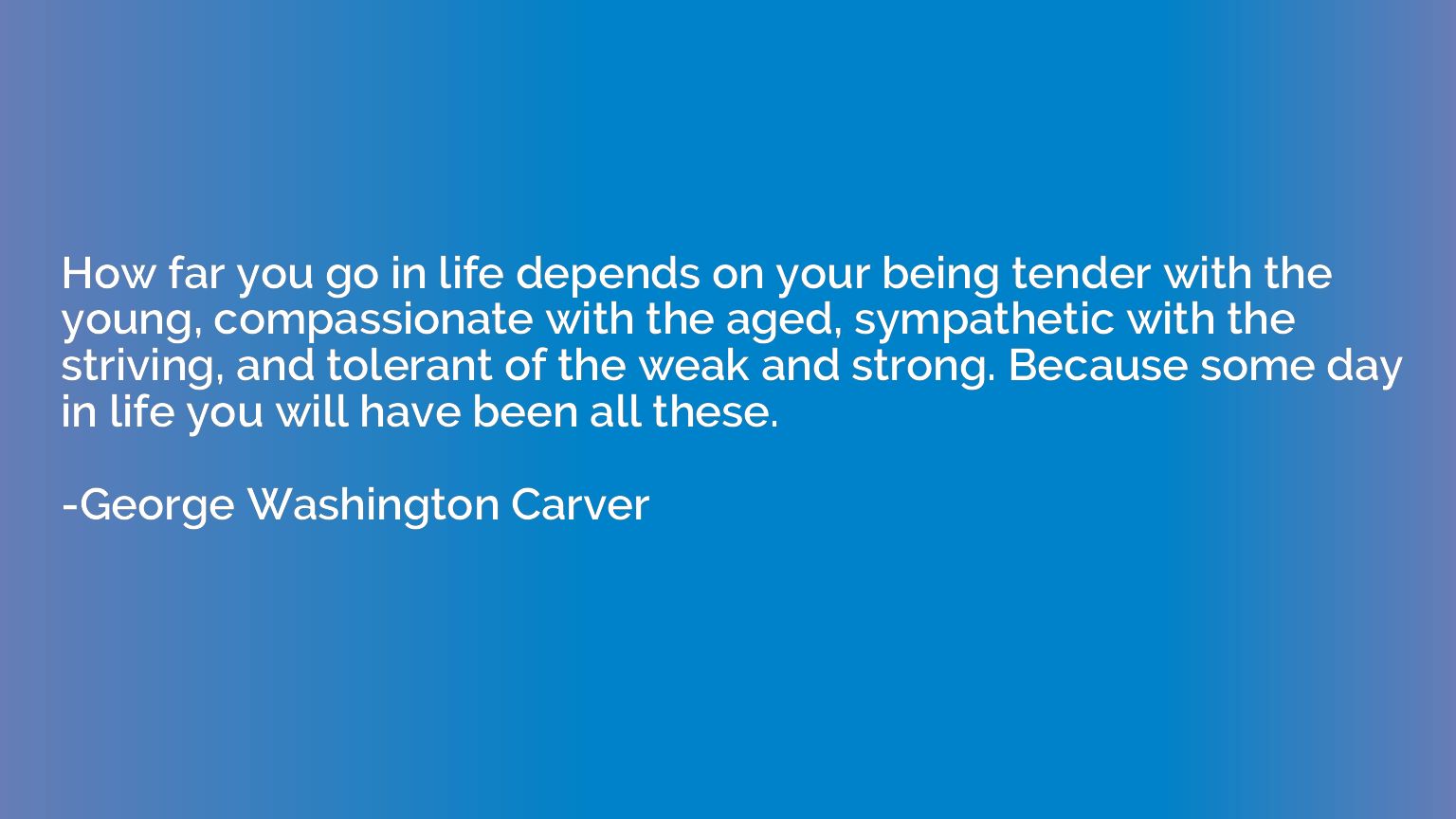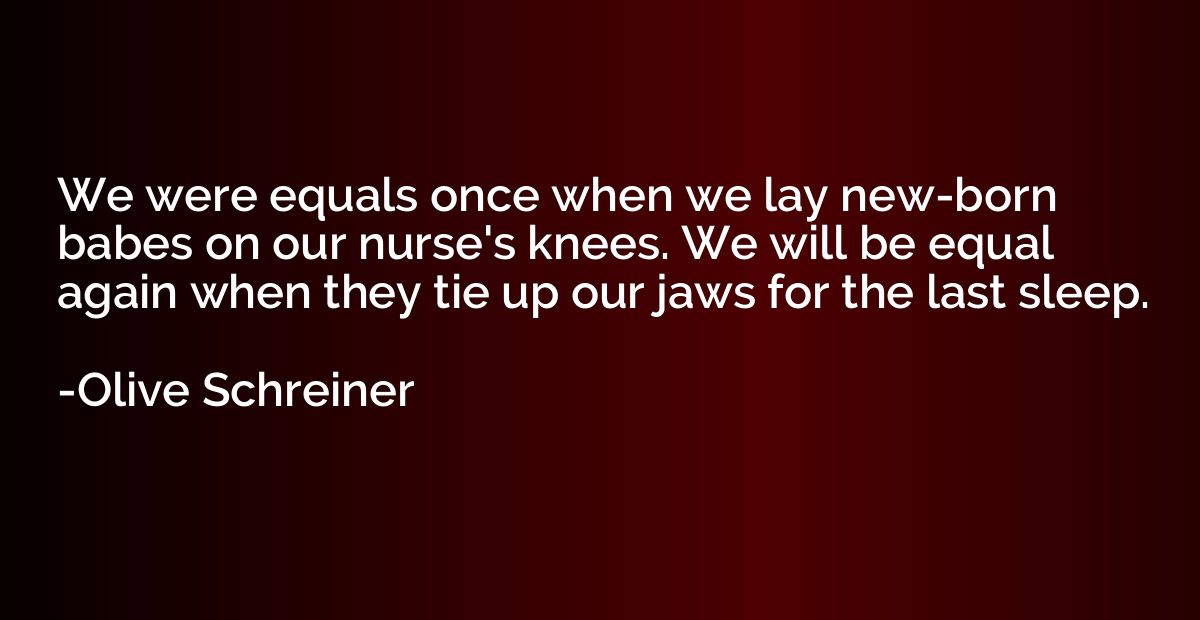Quote by Isaac Newton
A Vulgar Mechanick can practice what he has been taught or seen done, but if he is in an error he knows not how to find it out and correct it, and if you put him out of his road he is at a stand. Whereas he that is able to reason nimbly and judiciously about figure, force, and motion, is never at rest till he gets over every rub.(from a letter dated 25 May, 1694)
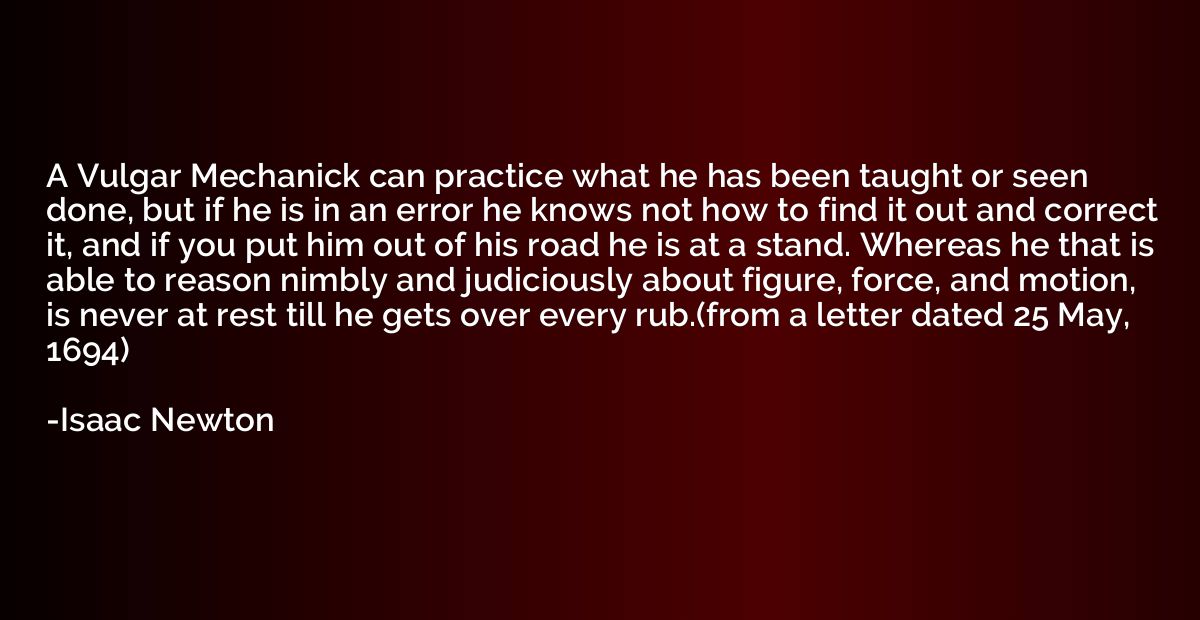
Summary
This quote highlights the difference between a skilled craftsman and a truly intelligent individual. It suggests that a "Vulgar Mechanick" (a common worker) may be able to carry out tasks they were taught or have witnessed, but they lack the ability to detect and rectify their mistakes or navigate unfamiliar situations. Conversely, someone who possesses reasoning abilities in regards to concepts like shape, power, and movement is constantly driven to overcome obstacles and challenges. The quote emphasizes the importance of intelligence, adaptability, and problem-solving skills in achieving success.
By Isaac Newton




